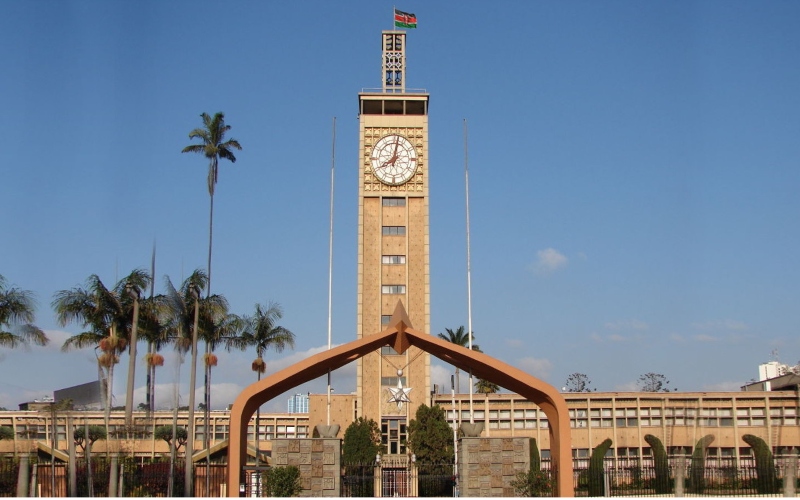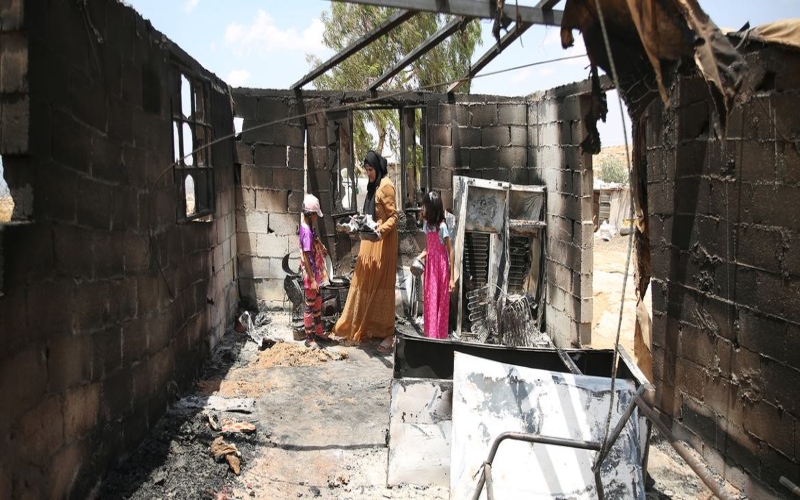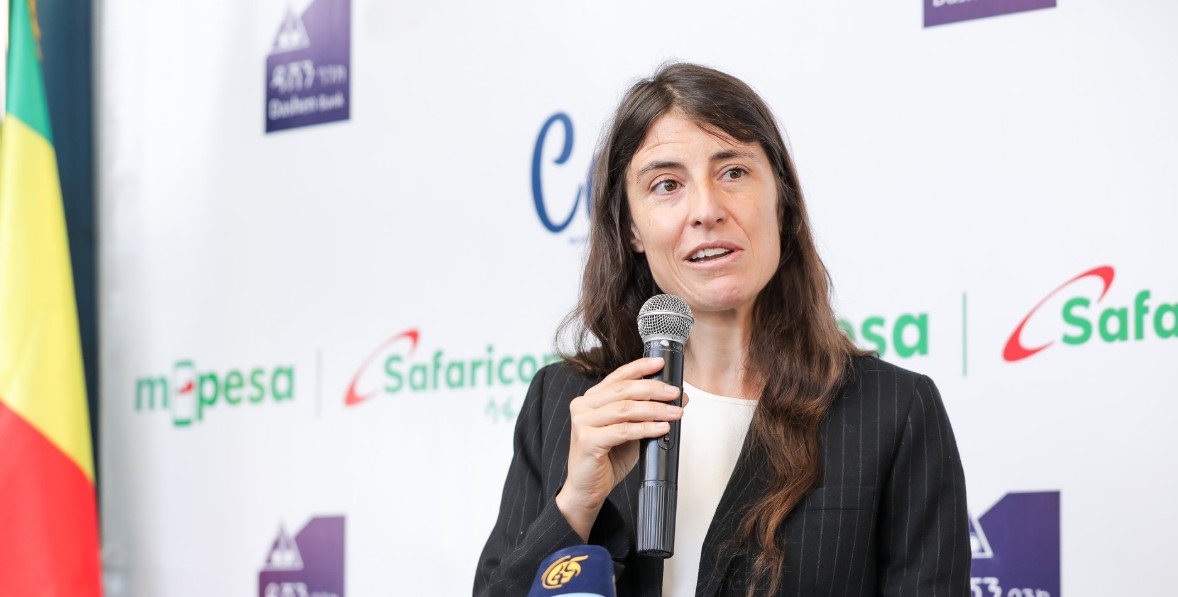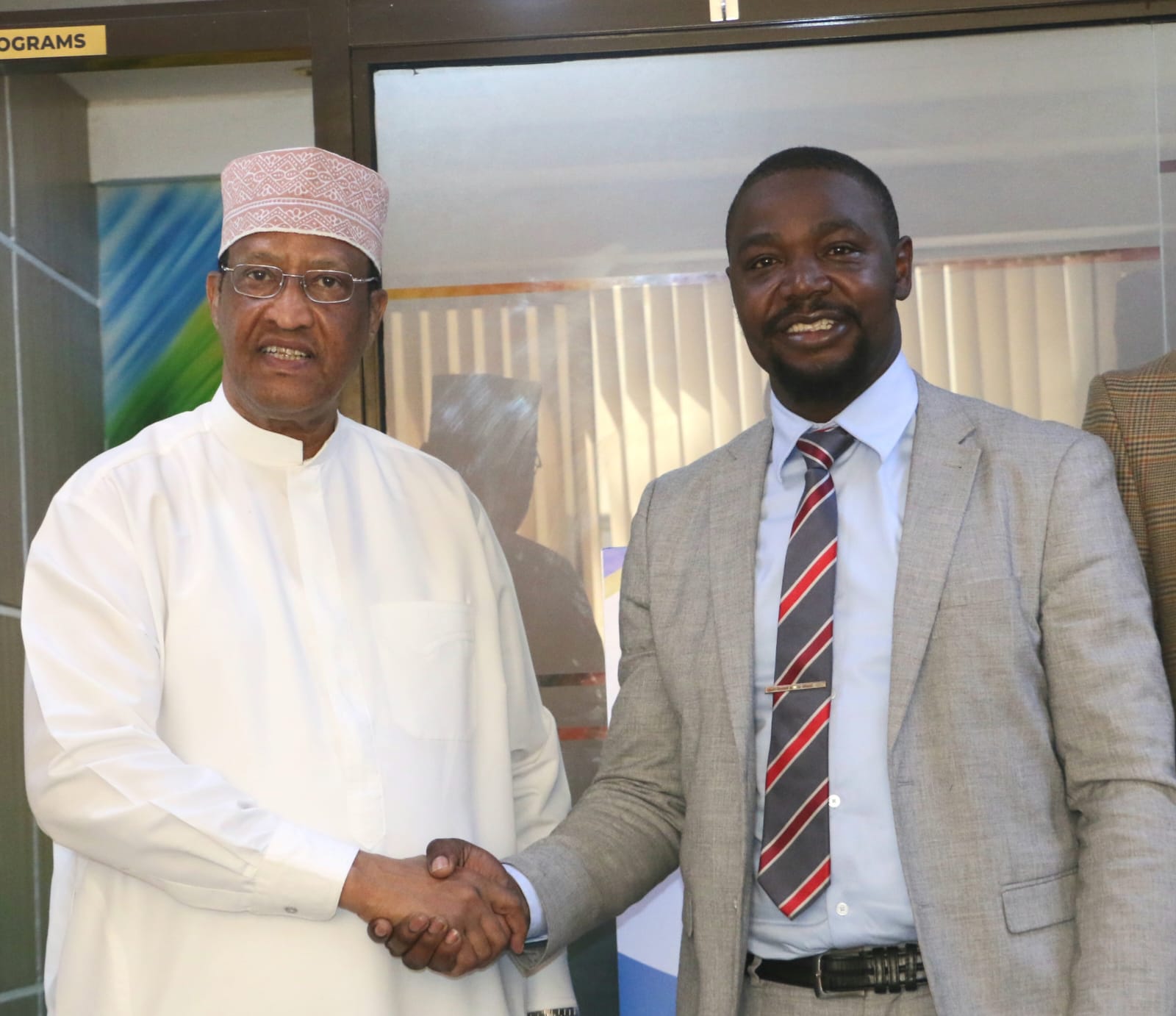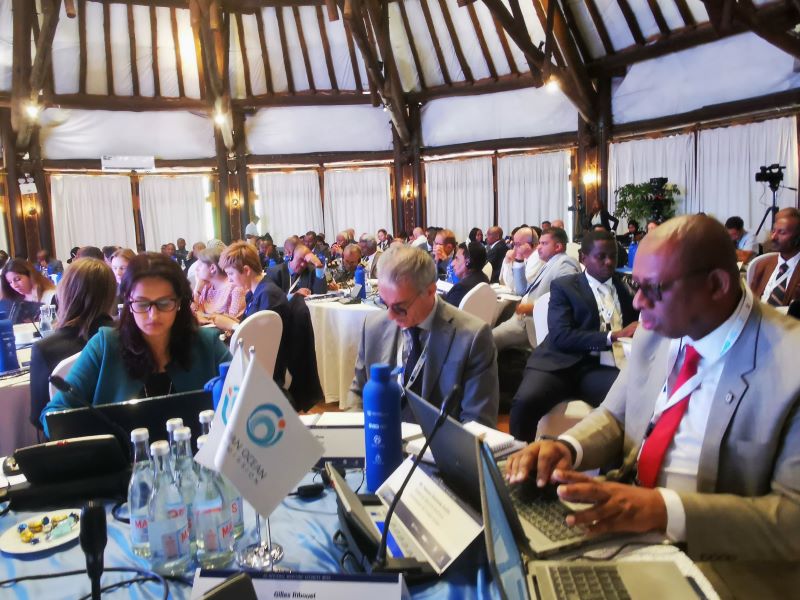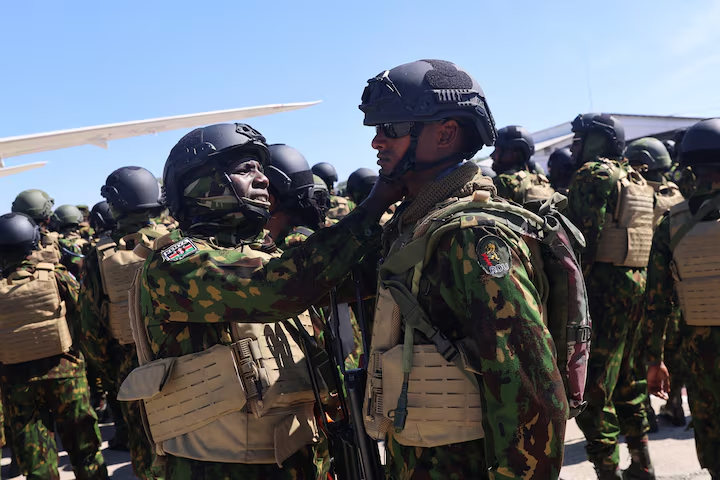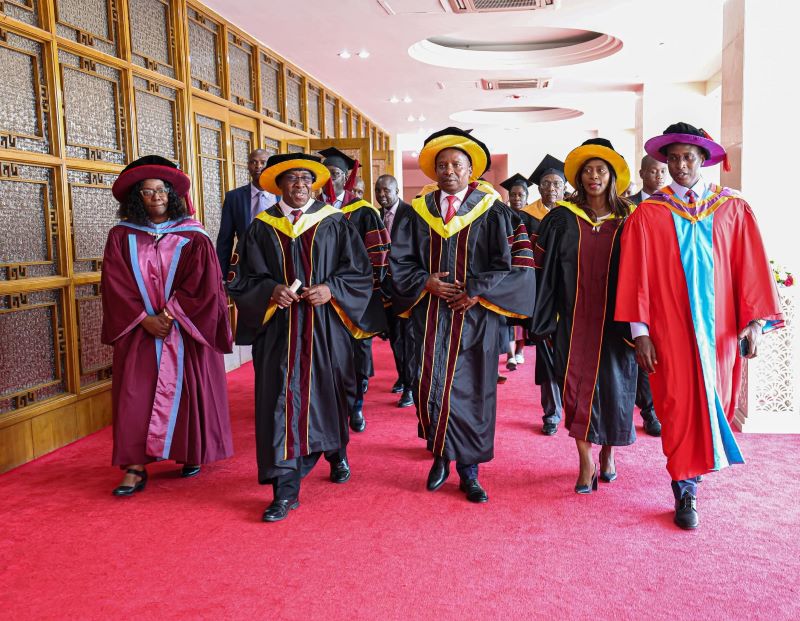Election violence fears intensify ahead of 2027 polls
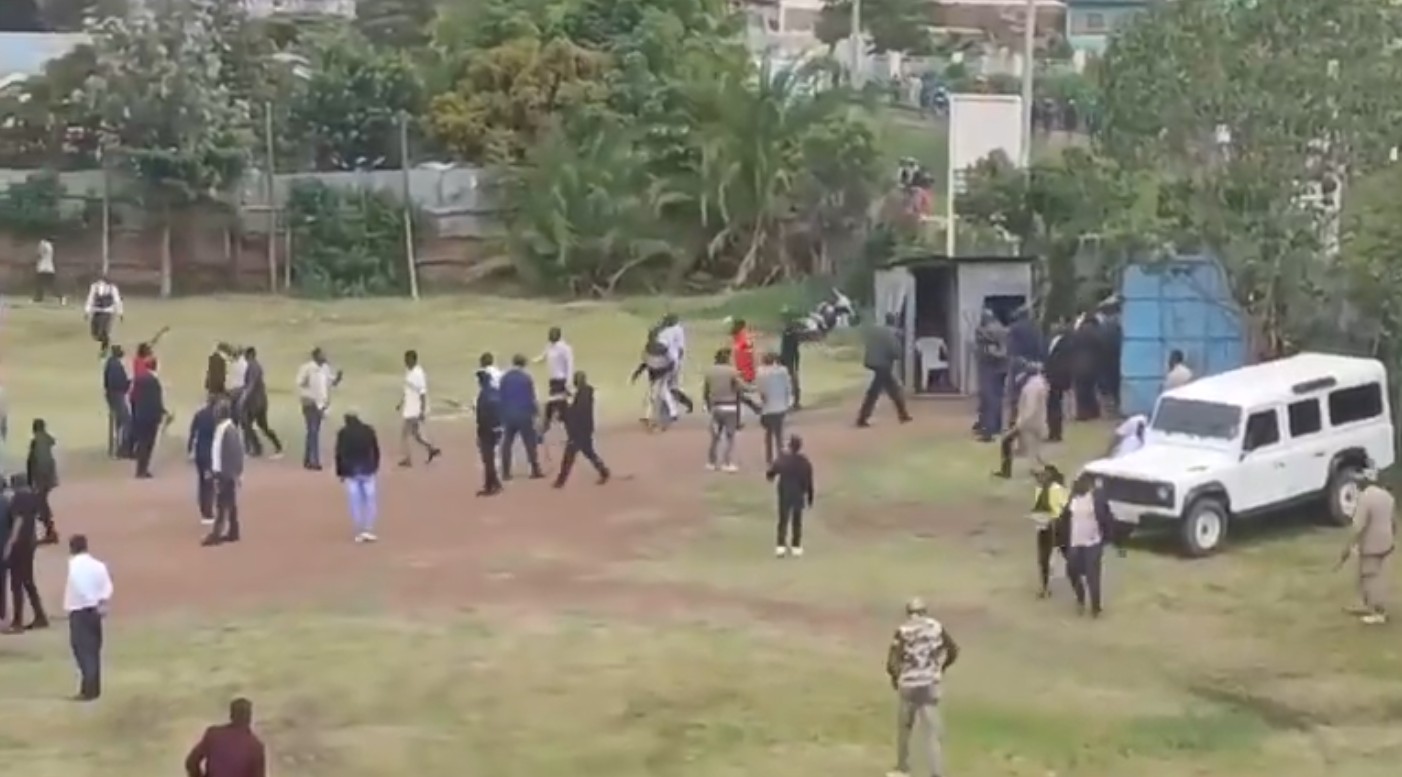
MPs have called for the abolition of the NCIC, accusing it of failing to curb the spread of hate speech in the country.
The storming of a church function where former Deputy President Rigathi Gachagua and his entourage had gathered in Kasarani on Sunday has signalled the return of politically sponsored violence gatherings attended by politicians ahead of the 2027 General Election.
In what is now turning as normal each time the country is headed to a fierce electoral contest as political temperatures are rising, opponents are at it again, pointing fingers at one another and blaming police for either inaction or taking sides.
More To Read
- Full implementation of NADCO report puts UDA–ODM pre-election alliance under pressure
- Ruto and Oburu strengthen UDA-ODM alliance after by-election win
- Church leaders warn of by-election violence ahead of 2027 polls
- IEBC urges media to report factually amid election scrutiny
- Saboti MP Caleb Amisi warns ODM may not survive 2027 after by-election struggles
- Political storm erupts as Jubilee, DAP-K accuse rivals of orchestrated violence in by-elections
In the case of the church gathering attended by Gachagua, gunshots were fired as armed men invaded the sanctuary, turning it into a scene of chaos.
No one was injured, although the service was temporarily disrupted at the Presbyterian Church of East Africa in Mwiki, Kasarani.
Shouts broke outside the church compound moments after the former DP and his team arrived for the morning service.
In a livestreaming of the attack, the youths could be seen shouting while attempting to force their way in. Congregants screamed and ducked for cover, some crawled under pews as the commotion intensified.
Gachagua was quickly shielded by his security team, who took up defensive positions to prevent the group from gaining access.
“Let us be calm, please,” the presiding bishop told the congregation as the disruption unfolded, although it lasted only for a few minutes.
Observers now believe that what could compound the problem is the effectiveness of the National Cohesion and Integration Commission (NCIC), which has been at loggerheads with the MPs over its ineffectiveness.
Political observer Samuel Owida told The Eastleigh Voice that political leaders cannot allow the strengthening of NCIC because they are the biggest culprits in the violation of laws against ethnic violence incitement.
“I tell you that politicians can't give teeth to NCIC to bite. It benefits them awesomely when it's ineffective because they know they are the biggest offenders when it comes to hate speech that may lead to violence,” argues Owida.
"Outlived its usefulness"
Early this year, Members of the National Assembly’s Administration and Internal Security Committee announced that the NCIC had outlived its usefulness.
MPs called for the abolition of the NCIC, accusing it of failing to curb the spread of hate speech in the country.
Speaking during a session with Principal Administrative Secretary Anne Ng’etich from the Ministry of Internal Affairs on the 2025 Budget Policy Statement (BPS), members of the National Assembly’s Administration and Internal Security Committee said the NCIC had outlived its usefulness.
The MPs argue that the commission has not effectively executed its mandate and has threatened to start slashing its budget. They claim that the commission has been lenient on individuals accused of spreading hate speech, failing to take decisive action against offenders.
The then Committee chairperson and Narok West MP Gabriel Tongoyo criticised the commission’s handling of hate speech cases, saying it had failed to fulfil its mandate.
“You have to justify the expenditure of public funds allocated to you because you are doing little to ensure peaceful coexistence in the country,” Tongoyo said.
“You summon the people you are investigating, and then the matter ends there. You need to pull up your socks.”
Established under the National Cohesion and Integration Act of 2008, the NCIC was created to promote national identity and reconciliation following the 2007 post-election violence, which left more than 1,600 people dead.
The commission’s mandate includes fostering equality, good relations, and peaceful coexistence among ethnic and racial communities, as well as advising the government on cohesion matters.
Homa Bay Town MP Peter Kaluma called for the disbandment of the commission, arguing that it had failed to serve its purpose.
“NCIC is an agency that we should remove from the statute books because it is not doing anything useful,” Kaluma said.
An attempt by NCIC to ask for more powers to prosecute leasers inciting violence has met resistance, rendering it with only ability to summon, interrogate and ask prosecution to take action.
Civil society groups have opposed the National Cohesion and Integration Bill 2023, which seeks to bequeath the commission additional powers.
The Kenya National Civil Society Centre (KNCSC) urged the Senate to do away with the contentious Bill, which would give the NCIC the ultimate powers in the peace-keeping agenda in the country.
NCIC, through the Bill, has been seeking increased authority to supervise and regulate peace-building missions across the country.
But KNCSC argued that it would ultimately lead to the shrinking of civic space since civil organisations would have to go through the commission in their peace-building missions.
The commission has been seeking more powers and tough penalties for perpetrators of incitement and hate speech ahead of next year’s election to foster harmony before, during and after the polls.
Top Stories Today
